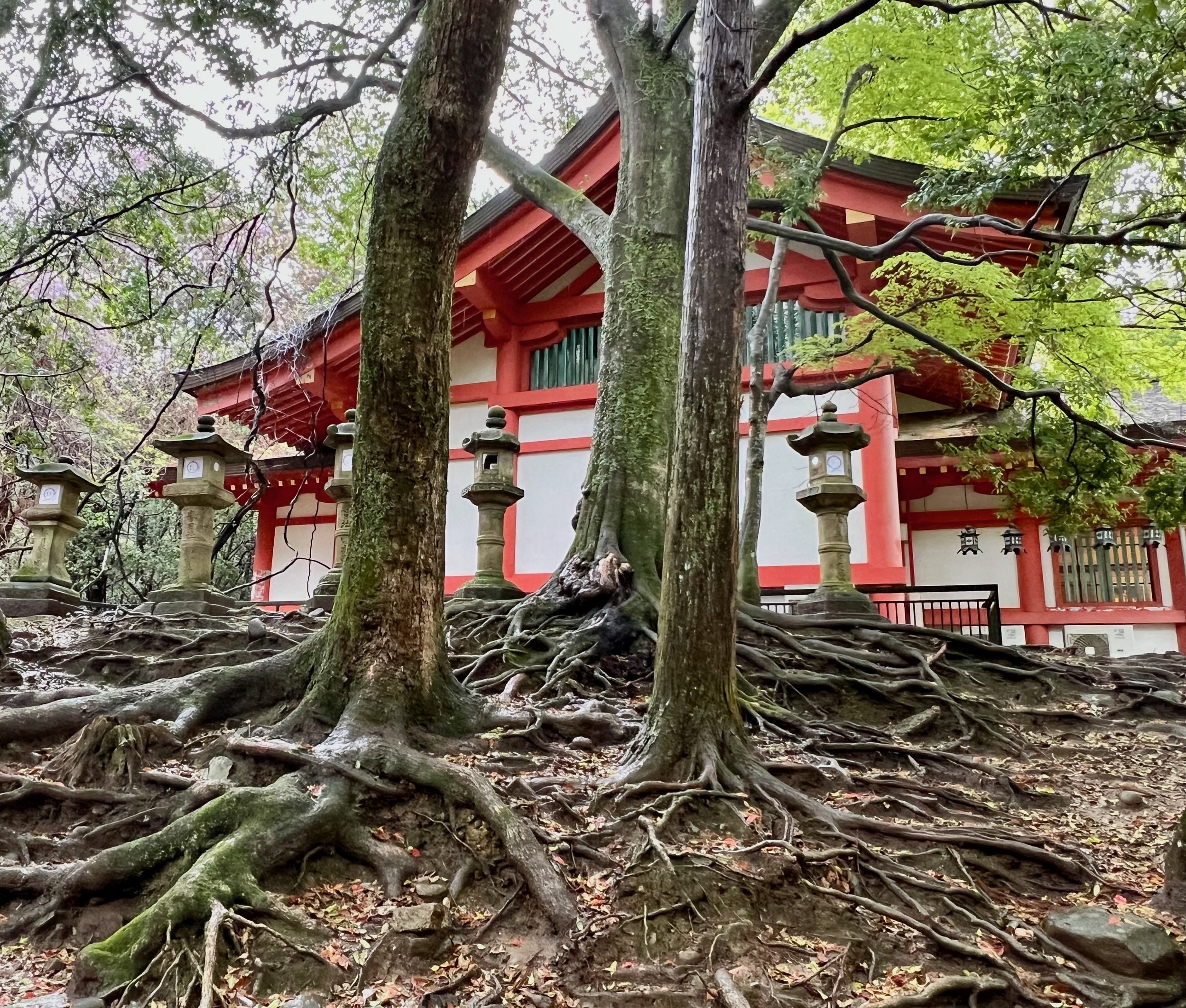Acupuncture
In Traditional Chinese Medicine (TCM), acupuncture is one of the primary healing methods, alongside Chinese Herbs, Tui Na massage, Moxibustion, and Qigong. Traced back around 2,000 years, acupuncture has been passed down and developed over generations.
It involves the insertion of ultra-fine, single-use, sterile needles into specific acupuncture points on the body—there are over 360 of these points! However, during your treatment, only a select few of these points will be targeted.
Focusing on the Root Cause of Imbalance
When it comes to your health, symptoms are often just the tip of the iceberg! They’re usually signs of deeper imbalances within your body’s energy, organs, or emotional state—imbalances that may not be immediately obvious but can affect your overall well-being. Instead of just offering temporary relief, the TCM approach dives deeper to uncover and address the root causes of these issues.
Rather than masking the symptoms, we’ll work together to identify and treat the underlying factors contributing to your discomfort. Whether the challenge is physical or emotional, acupuncture helps restore your body’s energy flow, promoting natural healing from within. According to the Huang Di Nei Jing, one of the most important classical texts of Traditional Chinese Medicine: "If there is free flow, there is no pain; if there is pain, there is lack of free flow."
What’s even more exciting is that the benefits of acupuncture don’t stop at the end of your treatment. Research shows that acupuncture has a cumulative effect, continuing to enhance your body’s self-healing abilities long after the needles are removed. It’s not just about feeling better in the moment—it’s about setting the stage for your body to thrive in the long run.
Acupuncture can also be a beneficial option for those who don’t have any serious health concerns but want to stay at their peak—mentally and physically. Whether you're training for sports or just aiming to maintain optimal performance, acupuncture may support your body’s natural abilities. Wellness isn’t just the absence of illness—it’s about living with vitality and joy, in every aspect of your life.
How Acupuncture Works:
Bridging Western and Eastern Perspectives
From a Western perspective, scientific research suggests that acupuncture may work by stimulating the fascia, a network of connective tissue found throughout the body. This tissue is rich in collagen, a substance with piezoelectric properties. Simply put, collagen can generate small electric charges when mechanical pressure—like the insertion of a needle—is applied. This makes the tissue more conductive, which may help improve communication between cells and enhance nerve signalling.
Local Effects: Electromagnetic Changes
When a needle is inserted, it creates a tiny, controlled microtrauma at the site. This prompts calcium ions and other charged particles to move into the area, triggering localised electrical signals. These signals spread through the tissue, activating nerve pathways and influencing key systems in the body, such as the immune system and hormone regulation.
Nervous System Involvement
Acupuncture may also stimulates sensory nerves, which send messages to the spinal cord and brain. This process helps release endorphins and other natural chemicals that reduce pain, improve mood, and lower inflammation.
Connecting the Whole Body
Fascia is often described as a "communication superhighway" because of its electrically conductive properties, helping your body’s systems stay in sync. This is why acupuncture in one part of your body can have powerful effects on areas far away. For instance, specific points on the feet can help alleviate headaches, while working with points on the hands can provide relief for neck pain—proving that everything in your body is connected!
According to the TCM, the body is connected by an invisible web of energy, known as Qi, which flows through channels. This flow of Qi influences organ function and overall balance, and is “regulated” by needling specific acupuncture points. The aim is to encourage the smooth, unobstructed flow of Blood and Qi, providing nourishment and support to all the tissues in your body.
TCM views the body as an interconnected system, where the organs and their functions are deeply linked, and a disruption in one area can affect the whole. As a holistic treatment, acupuncture works to restore balance across the entire system, promoting overall well-being.

Q&A
-
As a holistic system, acupuncture can support a wide range of health concerns, both physical and mental, without being restricted to any one condition. It is particularly recognised for its effectiveness in pain management, with the National Institute for Health and Care Excellence (NICE) recommending it for chronic pain and headaches.
In addition to these, the British Acupuncture Council (BAcC) highlights acupuncture's effectiveness for many other conditions, including:
Acupuncture can be safely combined with conventional treatments, such as medication, to help reduce unwanted side effects. Because it addresses the body as a whole, many people also notice improvements beyond their primary condition, enhancing overall well-being.
-
Acupuncture is a safe, non-invasive therapy that is unlikely to interfere with any other medical treatments or medications you're currently using.
In fact, combining acupuncture with treatments like physiotherapy can enhance recovery by promoting relaxation, reducing pain, and improving circulation.
In the case of medications, acupuncture may help manage potential side effects, such as those associated with antidepressants, painkillers, or chemotherapy, by reducing nausea, fatigue, or anxiety, and improving overall well-being.
However, it's always a good idea to keep your GP informed about any treatments you're receiving, ensuring coordinated care and the best possible outcomes.
-
This is actually the perfect time to receive treatment! Prevention has been a cornerstone of Chinese culture for centuries. By addressing subtle imbalances before they develop into symptoms, acupuncture help you stay at your peak—mentally, physically, and emotionally.
This proactive approach supports not only long-term health but also enhances your daily quality of life, enabling you to feel your best and pursue your goals with clarity and focus.
True wellness is more than just the absence of disease—it’s about embracing vitality and joy in everyday life.
-
Acupuncture is generally very safe when performed by a qualified practitioner. The needles are sterile, single-use, and extremely thin—much finer than those used for injections.
Most people experience minimal to no discomfort during treatment. Some describe a gentle tingling, a slight ache, or a warm sensation at the needle site, which often fades quickly. Side effects, like minor bruising or slight soreness, are rare and typically short-lived.
-
This can vary greatly depending on the individual and the condition being treated. However, one consistent aspect of acupuncture is its cumulative nature—each session builds upon the previous one. Typically, weekly sessions are recommended to start with, with noticeable improvements often seen within 2 to 6 weeks.
For more information, visit the British Acupuncture Council website



